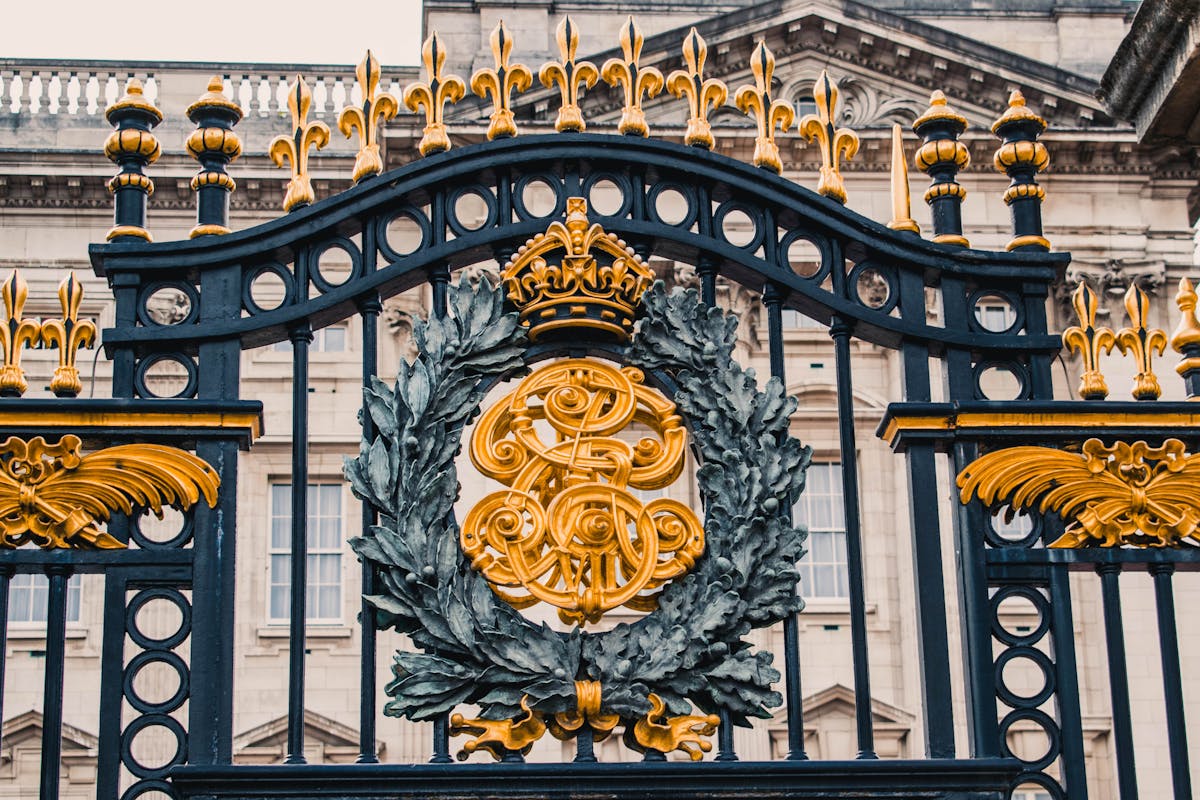Among the many peculiarities of the British state, few embody its class contradictions more clearly than the Crown Estate. Officially described as “a collection of lands and holdings belonging to the monarch in right of the Crown,” the Estate claims to operate “independently” and to return its profits to the public Treasury. In practice, however, it represents the enduring fusion of feudal privilege and capitalist property relations; a mechanism through which the British ruling class preserves both its wealth and its ideological legitimacy.
But the Crown Estate is not a harmless constitutional relic but a living component of the capitalist state apparatus. It demonstrates how the British capitalist class has retooled monarchy and aristocratic property to serve the needs of modern finance capital, while maintaining a façade of “national tradition” and “public benefit.”
The Survival of Feudal Forms in Capitalist Society
Every social institution must be understood in relation to the mode of production that sustains it. The Crown Estate originates in feudal property relations: the era when the monarch, as supreme landlord, held ultimate legal title over the realm. Land was distributed through feudal tenure, ensuring the subordination of all classes to the sovereign and the landed aristocracy.
However, Britain’s bourgeois revolution was never completed in the sense Marx and Engels described in The German Ideology or The Communist Manifesto. The rising capitalist class did not destroy the aristocracy; it absorbed and restructured it. Feudal titles, estates, and ceremonial power were preserved, while their economic foundations were converted into capitalist property. The monarchy survived not as an obstacle to capitalism, but as a tool for its ideological and cultural consolidation.
The Crown Estate, once the personal property of the monarch, was formally transferred to state management in 1760 when George III surrendered its revenues in exchange for a fixed annual payment. This arrangement did not abolish feudal property, it transformed it into capitalist state property, maintained for the benefit of the ruling class and justified through the appearance of “public finance.”
The Crown Estate as Bourgeois State Property
The Crown Estate operates today as a multibillion-pound investment portfolio: it owns vast tracts of urban real estate, agricultural land, seabeds, and commercial developments. Its profits, after expenses, flow to the Treasury, while a percentage (the “Sovereign Grant”) returns to the monarchy. This structure is often cited as evidence that the monarchy “pays for itself,” a claim that rests on a misunderstanding of class relations.
State property under capitalism is still capitalist property, as it’s the form that the state takes on in order to protect the general regime of capitalist relations in the economy. Or as Engels put it in Anti Dühring:
“The modern state, no matter what its form, is essentially a capitalist machine, the state of the capitalists, the ideal personification of the total national capital. The more it proceeds to the taking over of productive forces, the more does it actually become the national capitalist, the more citizens does it exploit.”
The Crown Estate exemplifies this principle. It remains an instrument of rent extraction, generating profit through the control of land and capital assets, and that profit goes to maintaining the capitalist state and its control of social relations.
Its revenues do not socialise wealth but recycle surplus value extracted elsewhere in the economy, using it to sustain the state apparatus that safeguards capitalist interests: the military, the police, and the ideological machinery of monarchy. The fact that its profits “go to the Treasury” changes nothing about its class function; the capitalist state is not a neutral custodian of public wealth but a machine for the suppression of the working class by the capitalist class.
Ideological Function: Monarchy as Class Legitimacy
The ideological role of the Crown Estate is inseparable from that of the monarchy itself. The monarchy serves as the human face of class domination, cloaking capitalist exploitation in the language of “national unity” and “heritage.” By maintaining the illusion that royal property is held “in trust for the nation,” the ruling class disguises private property relations as collective identity.
This ideological sleight of hand performs a vital function in the British state: it naturalises inequality. The existence of a “national landlord,” one who supposedly owns on behalf of all, helps obscure the fact that the vast majority of Britons own almost nothing but their labour-power, while the minority live from rent, interest, and profit.
The monarchy’s continued pageantry, financed partly through the Crown Estate’s revenues, reinforces capitalist hegemony. It channels popular emotion into loyalty to the state, diffusing class consciousness. This represents a capitalist distortion of democracy: the promotion of the monarchy tries to naturalise the fact that hierarchy, privilege, and inherited wealth are part of the national order.
The Political Economy of Rent
Marx’s Capital identifies rent as one of the primary forms of surplus value appropriation under capitalism. The Crown Estate, as one of the largest landowners in Britain, is a monopoly landlord on a national scale. It collects ground rent from urban developments, agricultural holdings, and increasingly from offshore wind farms — sectors that generate profit without producing new value, but rather through the control of access to nature and space.
This position grants the Crown Estate a unique economic role: it converts land, a non-produced asset, into a continuous stream of surplus. The workers who build, maintain, and operate businesses on this land create surplus value, but the Estate appropriates a portion of it through rent, sanctioned by law and ideology.
This is not a vestige of feudalism but a symptom of advanced capitalism: the monetisation of every aspect of life and nature. In this sense, the Crown Estate represents the capitalist transformation of feudal rent, an institutional form that merges old and new methods of exploitation.
The Monarchy as Ideological Infrastructure of Capitalism
Marxist–Leninist theory understands ideology as a material force insofar as it motivates people’s actions. The monarchy, sustained by the Crown Estate, functions as a cultural and ideological bulwark for British capitalism. It presents a vision of the nation as timeless, unified, and hierarchical, masking the reality of class struggle, and dampening the working class’ desire to fight for control of society.
Through royal symbolism, ceremonies, and the mystique of “Crown property,” the ruling class secures what Gramsci (a Marxist in the Leninist tradition) would call “consent” — the internalisation of class rule as common sense. The Crown Estate’s revenues make this possible by financing the performance of monarchy itself, ensuring that the ideological apparatus of feudalism remains compatible with modern capitalist society.
The Socialist Alternative
A socialist state, grounded in proletarian dictatorship, would abolish both the monarchy and the Crown Estate. This does not mean merely transferring ownership to another bureaucratic body but eventually transforming the character of property itself.
The lands and assets now managed as a capitalist portfolio would be socialised, not “nationalised” in the capitalist sense. They would be brought under democratic control by workers and communities, integrated into a planned economy aimed at meeting social needs rather than maximising returns.
The seabed, urban estates, and agricultural lands would become collective assets, producing housing, energy, and food for human use, not for rent extraction. Monarchical pageantry would be replaced by the cultural expression of working-class power, and the wealth derived from centuries of expropriation would finally be returned to those who produced it.
Conclusion
The Crown Estate stands as a monument to the continuity of class power in Britain. Born of feudal domination, it has been repurposed to serve capitalist accumulation, all while maintaining the illusion of public benefit and national unity. Its revenues sustain the monarchy, its ideology sustains capitalist hegemony.
The Crown Estate is proof that capitalism does not abolish the old ruling classes, it integrates them, transforming kings into shareholders and estates into investment portfolios. True liberation from this system requires not the reform or “modernisation” of the monarchy, but its complete abolition, along with the capitalist state it crowns.
Only through the establishment of proletarian rule can Britain’s land and wealth be socialised in reality, ending the long reign of rent, privilege, and illusion symbolised by the Crown Estate.





